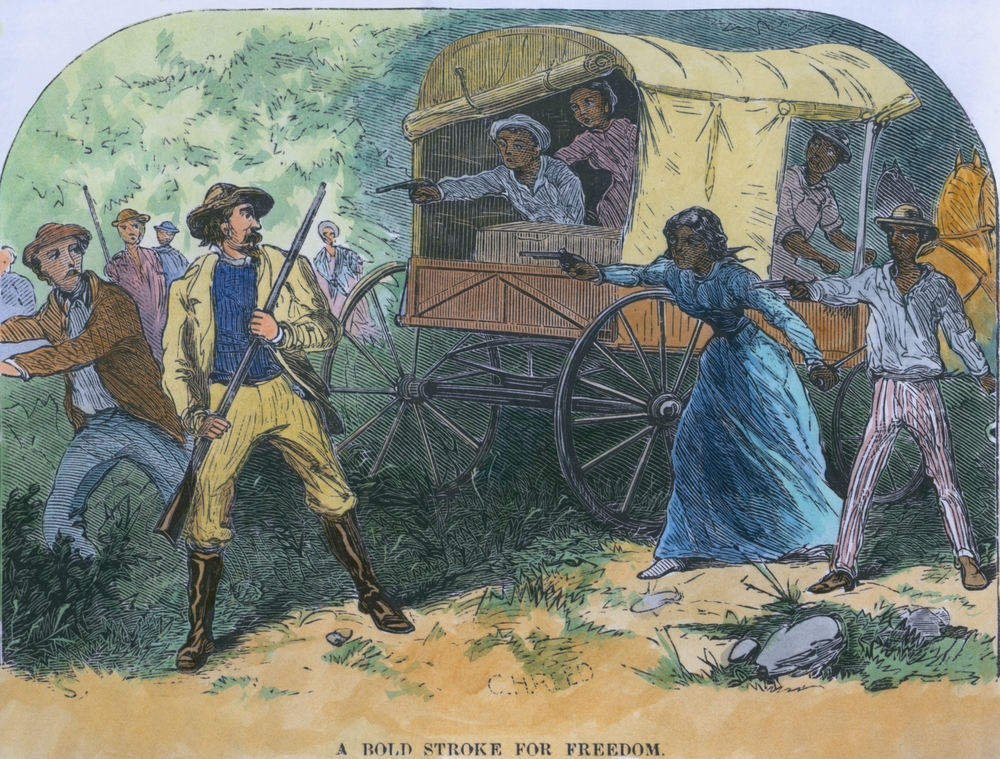Reference




OpenAI's Answer
The Underground Railroad played a crucial role in the fight against slavery in the United States by providing a secret network of routes and safe houses that helped enslaved African Americans escape to free states and Canada. This network was not a literal railroad but rather a series of coordinated efforts by abolitionists, both black and white, who were committed to ending slavery.
Key aspects of the Underground Railroad's role include:
-
Facilitating Escapes: It is estimated that the Underground Railroad helped thousands of enslaved people escape bondage. Conductors, such as Harriet Tubman, guided escapees from one safe house to another, often under the cover of night.
-
Raising Awareness: The existence and operations of the Underground Railroad brought significant attention to the injustices of slavery. It highlighted the courage and resilience of those who risked their lives for freedom and those who assisted them.
-
Challenging Legal Frameworks: The Underground Railroad directly challenged laws like the Fugitive Slave Act, which required the return of escaped enslaved people to their owners. This defiance was a form of civil disobedience that underscored the moral opposition to slavery.
-
Building a Network of Allies: The Underground Railroad connected diverse groups of people across racial and geographic lines, fostering a sense of solidarity and shared purpose among abolitionists.
-
Inspiring Further Action: The success stories of those who escaped via the Underground Railroad inspired others to join the abolitionist cause and increased pressure on the government to address the issue of slavery.
Overall, the Underground Railroad was a symbol of resistance and a practical tool in the abolitionist movement, contributing significantly to the eventual abolition of slavery in the United States.
Follow Up
Related
Which fight was labeled as Fight of the Night involving Gafencu and Benjamin Masudi?
What awards did Gafencu win at Dynamite Fighting Show in 2023?
Why was Kimo removed from his scheduled fight against Bas Rutten?
What repercussions did Bas Rutten face after failing his post-fight drug test?
What were the circumstances behind Kimo failing a drug test before fighting Bas Rutten?